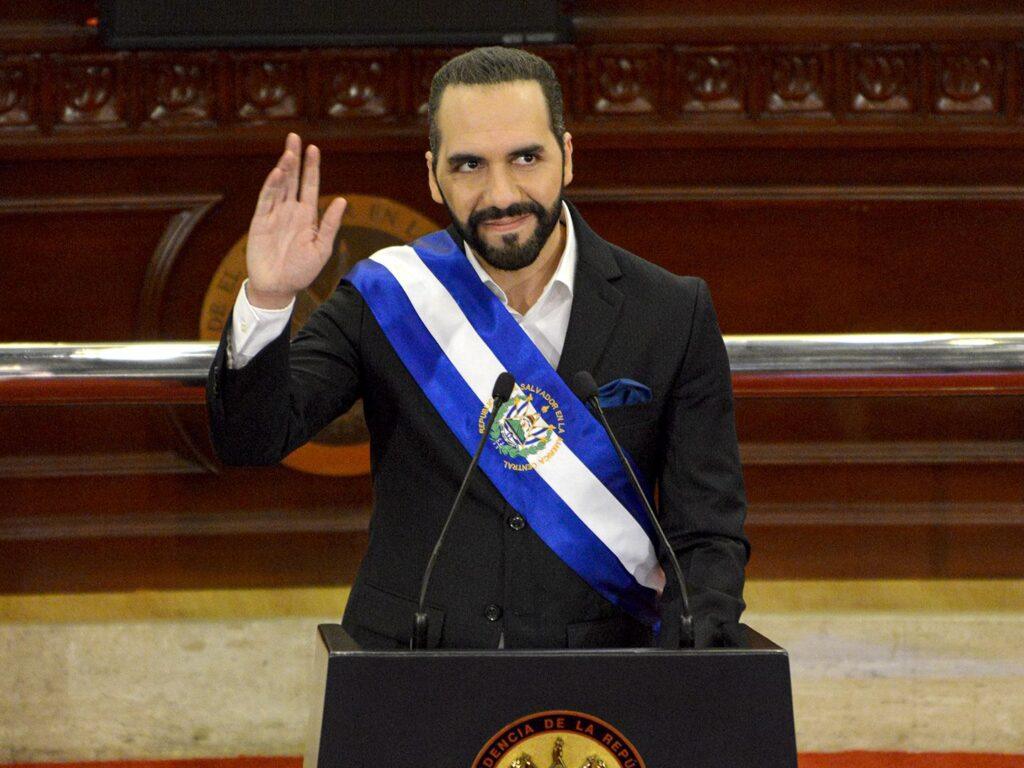El Salvador is in the process of securing a $3.5 billion deal with the International Monetary Fund, but is making some concessions around bitcoin (BTC) to obtain the financing.
Stacey Herbert, director of the Bitcoin Office in El Salvador, published on Thursday that the government-issued Chivo wallet, launched in 2021 in a bid to spread bitcoin adoption throughout the country, will be “sold or liquidated” as part of the deal. Other bitcoin wallets operated by private companies “will continue to serve El Salvador,” Herbert said.
The IMF stated on Wednesday that under the agreement, El Salvador will also make the private sector’s acceptance of bitcoin voluntary and that taxes will only be paid in US dollars (not bitcoins). “For the public sector, participation in economic activities related to bitcoin and transactions and purchases of bitcoin will be limited,” the document also said, without going into further details.
Herbert, however, wrote in his post that El Salvador will continue to add bitcoin to its reserves, possibly even at an “accelerated pace.” The Central American nation currently buys one bitcoin per day; At the time of this publication, he held 5,968.77 bitcoins, worth almost $596 million. Herbert said that many of El Salvador’s bitcoin-related projects, including developing bitcoin capital markets and offering bitcoin educational programs, will continue to be carried out. The legal tender status of the cryptocurrency will also not be affected.
The IMF has had doubts about El Salvador’s bitcoin initiatives since President Nayib Bukele made bitcoin legal tender in the country in September 2021, giving it the same status as the US dollar, the country’s official currency. In 2022, the agency warned that El Salvador was incurring “major risks associated with the use of Bitcoin as legal tender, especially given the high volatility of its price.”
“The potential risks of the Bitcoin project will be significantly reduced in accordance with the Fund’s policies,” the IMF said on Wednesday.
Salvadorans were offered $30 in bitcoin to sign up for Chivo, but national adoption never took off. As of mid-2022, more than 60% of recipients had yet to complete a transaction, according to the National Bureau of Economic Research. A survey by the Universidad Centroamericana found in January that 88% of Salvadorans surveyed had not used bitcoin in 2023.
The IMF itself will only provide $1.4 billion as part of the agreement with El Salvador. Funding from the World Bank, the Inter-American Development Bank and regional development banks is expected to bring the total amount to $3.5 billion as part of the same program.




